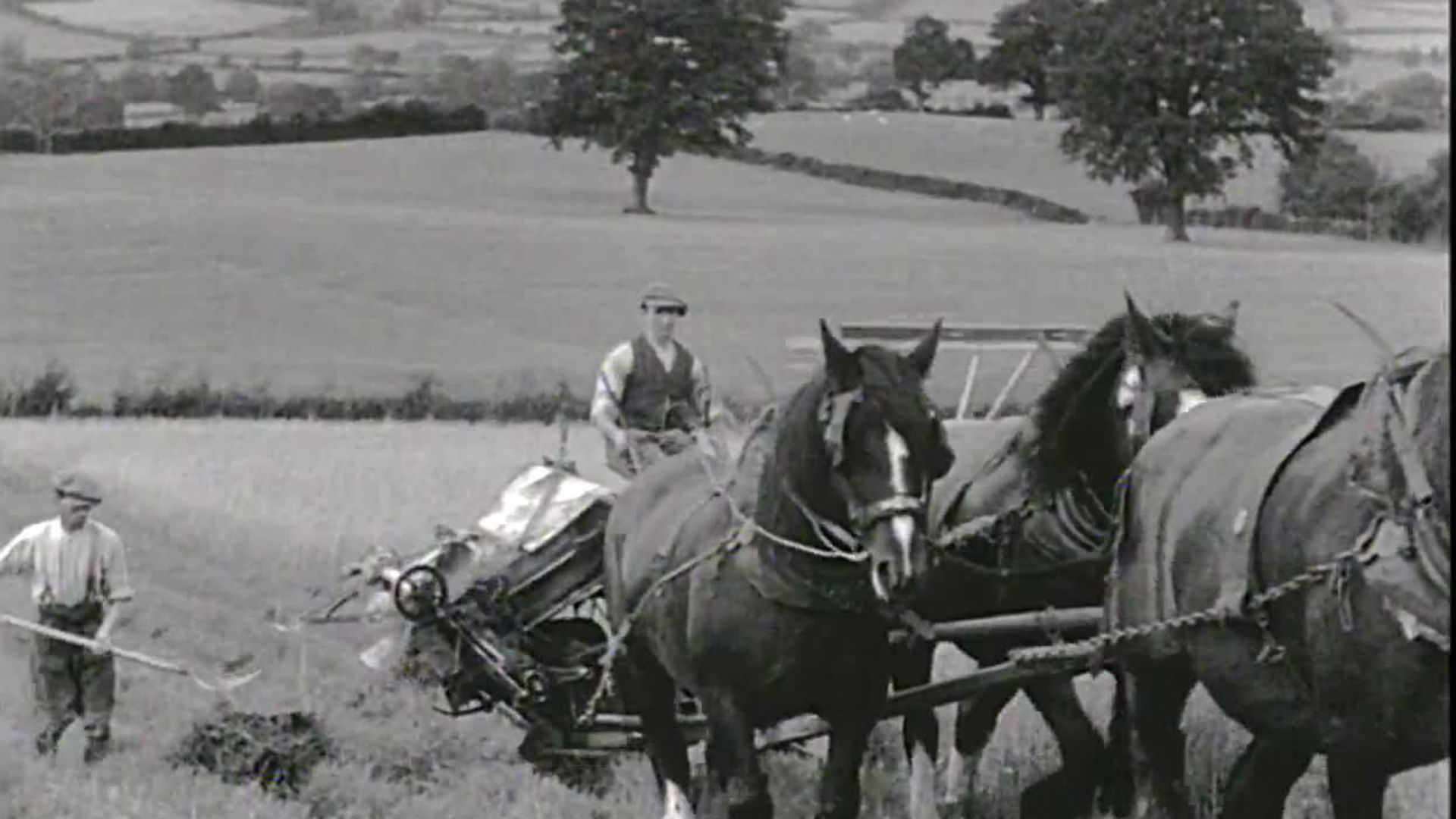
Free 14-day trial, then just £6.99 per month.
Please enter a valid email address
By entering your email address you are indicating that you have read and agree to the terms of use and privacy policy.
Free 14-day trial, then just £6.99 per month.
An elegiac hymn to the Cambrian hills, contrasting traditional sheep-farming methods and new technologies restoring the landscape.
Filmed in Ceredigion, this early piece from the British documentary movement is a hymn to hill country – modernist and romantic by turns, and visually very striking. Arthur Elton’s film contrasts two pursuits in a former lead-mining valley stripped of nutrition: traditional sheep herding and new scientific methods for restoring the pasture, developed at Aberystwyth’s Welsh Plant Breeding Station.
The film was released in two versions, Experiment in the Welsh Hills and Shadow on the Mountains. Arthur Elton, a core member of the documentary movement started by John Grierson at the Empire Marketing Board, remembered embarking on this, his first directorial project, without really knowing how films should be made. That makes his assured eye for dramatic compositions of the mountainous landscape, and of props and people framed against it, all the more remarkable. Reflecting the twin focus of his subject, there is a certain duality to Elton’s style: keenly referencing the modernist leanings of Soviet films that were such a big influence on Grierson’s school of British documentary filmmaking but also (like some of the Soviets) borrowing the genre imagery of the Hollywood western (not to mention the British tradition of romantic landscape painting). Viewers today might find it intriguing to compare the film’s style to a notable modern-day American documentary about sheep farming, Lucien Castaing-Taylor’s Sweetgrass. Shadows on the Mountains is also available on the BFI DVD Soviet Influence: From Turksib to Night Mail. This government film is a public record, preserved and presented by the BFI National Archive on behalf of The National Archives, home to more than 1,000 years of British history.